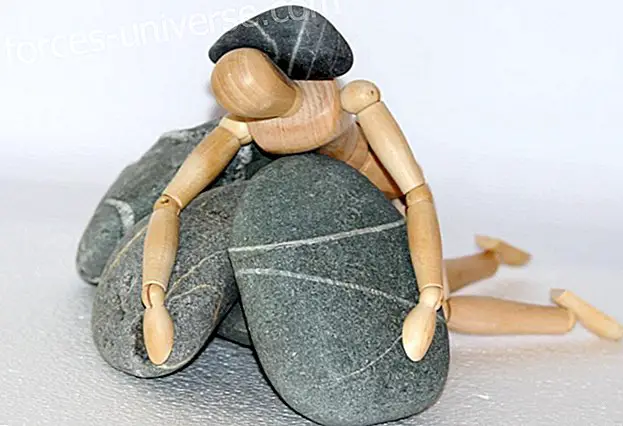Calcium and renal lithiasis
Since many cases of calcium oxalate lithiasis are associated with hypercalciuria, years ago it was thought that a low calcium diet would decrease hypercalciuria and, therefore, the recurrence of oxaloccalcic lithiasis. However, several studies subsequently demonstrated that this theory was not only false, but that the opposite effect occurred. The pathophysiological explanation of this fact is based on the fact that since oxalate binds calcium at the intestinal level, a low calcium diet entails having more free oxalate in the intestine. In this way, the intestinal absorption of oxalate increases and, therefore, oxaluria, and because in the formation of oxaloccalcic lithiasis, oxaluria is more decisive than calciuria, in the end the risk of formation of oxaloccalcic lithiasis is increased . There are several works that compare the influence of certain types of water on the formation of lithiasis. One of them compared three types of water and reflected that the one with the highest calcium content achieved a decrease in oxaluria.
Bicarbonate and renal lithiasis
The intake of water rich in bicarbonate, due to its alkalizing action, is an effective therapeutic resource in the treatment of uric lithiasis, sometimes even achieving the dissolution of lithiasis. On the other hand, there are also studies that have evaluated the inhibitory action of bicarbonated waters on calcium oxalate lithiasis, because bicarbonate causes an increase in citraturia. That is, bicarbonate-rich waters are recommended for both uric and oxaloccalcic lithiasis.
Magnesium and renal lithiasis
Magnesium, per se, is a potent inhibitor of calcium phosphate crystal formation. It has been suggested that it binds to the active growth sites of the crystals, blocking their aggregation and growth.
Sodium and renal lithiasis
There are several studies that show the relationship between sodium intake and renal calcium excretion, so that in lithiasic patients low salt diets should be recommended, and, consequently, water with a low sodium content.
According to all of the above, it is essential to have knowledge of the physical-chemical characteristics of the waters sold in Spain in order to recommend the most suitable for each pathology.
Chemical composition of some bottled mineral waters in Spain:
Commercial brand Bicarbonates Calcium Magnesium Sodium Sierra Cazorla 408.7 78.6 48.5 1.26 Solán de Cabras 285.8 58.3 25.1 5.2 Font Vella 149 38.5 9.7 13.2 Lanjarón 105 27, 2 8.8 4.8 Bezoya 18 4 1.8 1.3
Data obtained from the labels of the mentioned brands (except typo)
References:
Millán, F. et al .: Actas Urol Esp. 2009 Jul-Aug; 33 (7): 778-93
HEALTH HAZARDS DRINKING DEMINERALIZED WATER Sanitary Risks Drinking Demineralized Waters






